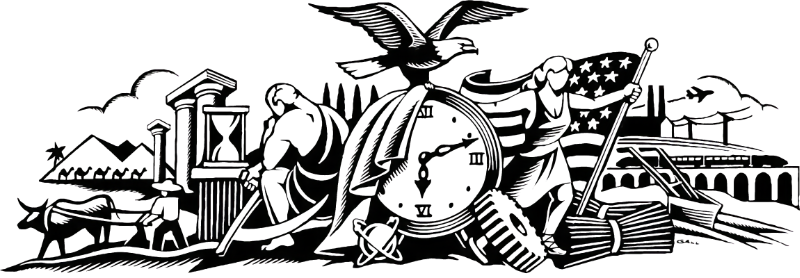From the New York Tribune, July 12, 1915. By Paul Dresser.
A fair-haired boy in a foreign land at sunrise was to die;
In a prison-cell he sat alone, from his heart there came a sigh.
Deserted from the ranks, they said, the reason none could say;
They only knew the orders were that he should die next day.
And as the hours glided by, a messenger on wings did fly
To save this boy from such a fate—a pardon, but it came too late.
The volley was fired at sunrise, just after break of day
And while the echoes lingered, a soul had passed away
Into the arms of his Maker, and there to hear his fate;
A tear, a sigh, a sad “good-bye”—the pardon came too late.
And ‘round the camp-fire burning bright the story then was told;
How his mother on a dying-bed called for her son so bold;
He hastened to obey her wish, was captured on the way;
She never saw her boy so fair—he died at break of day.
And when the truth at last was known, his innocence at once was shown
To save from such an unjust fate a pardon sent, but ’twas too late.
